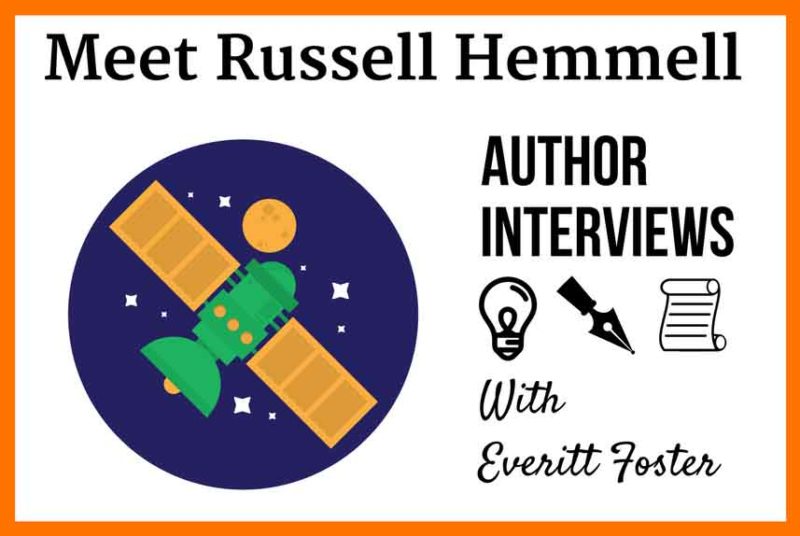Uprising Interview with Russell Hemmell
Tell us a little about yourself, what was like growing up for you? When did you develop a love of reading?
I am a British-Italian based in Edinburgh, UK, after many years of living in East Asia. I’ve always loved books and developed a passion for history and the fantastic almost immediately. When I was seven, I put my hands on a (quite bad, I discovered years later reading the original) translation of Heinlein’s Stranger in a Strange Land, and from that moment on, I’ve never stopped reading SF.
What does writing mean to you? When did you discover you had talent and drive in this field?
I’m not sure. I’ve been a professional non-fiction writer for all my life and now, as an academic, writing is (still) part of my job description. Fiction? I’ve published poetry when I was in high school, but never written any story with the intention of publishing it until very recently (end of 2014). A few of the stories I have sold since then have actually been written many years ago and remained buried in my hard disk, never seeing the light.
We really liked your story. It seems there is something going on in the SFF community right now. There seems to be a struggle between nihilism and optimism, between grimdark and noblebright. How would you describe your philosophy of writing?
There’s something going on in the SFF community now, this is true, and it is in the sense of a wider inclusion – giving a voice to the people that had never the opportunity to express their views until now. It’s amazing, and so important. I have worked as an editor of a steampunk bilingual collection, and I think this is the way we want to go forward: the widest possible inclusion, and own voices.
What are your favorite stories to tell and why?
I’m a European, and, as many others, I still remember my grandparents’ stories about the war and the fight against repressive regimes. My stories are often about outcasts and what means to living in a system that rejects or discriminates individuals without even knowing them, just because of the place they were born or the colour of their skin. If we do it to other humans, do you imagine what we might do to aliens? Enough to hope we never get to meet them.
You’re very interested in astrophysics and space. What drove you to want to become a professional scientist, and what do you think of the current state of science education in the west?
I am a scientist, yes, but one that applies statistics and other quantitative methods to social sciences. Astrophysics is more of a passion, even though I have recently signed a contract for a book about the state of space industry – a good way to combine personal inclinations and work. Science education? This is a complex question, and it varies a lot depending on the country. For sure, in the UK we could do a lot more to enhance the study of STEM subjects in the curriculum.
If you had it to do over again, which story of yours would you like to rewrite and rereleased?
I never look back to my stories. Once they’re out there, they live their own life.
Are you currently working on anything longer, such as a novel? Are you interested in following a more traditional publication path, or are you interested in marching to the beat of your own drummer?
I have two novels under consideration with editors/agents. I don’t think I’ll self-publish: I’m used to sit down with publishers and get out with a deal. I don’t see myself changing now just because it’s fiction. But you never know.
What inspires you?
The darkness of human history, the complexity of scientific discoveries, and the light of stars and galaxies far away.
Find more from Russell online at earthianhivemind.net/
Tags: interview, russell hemmel, sci-fi, science fiction, space










